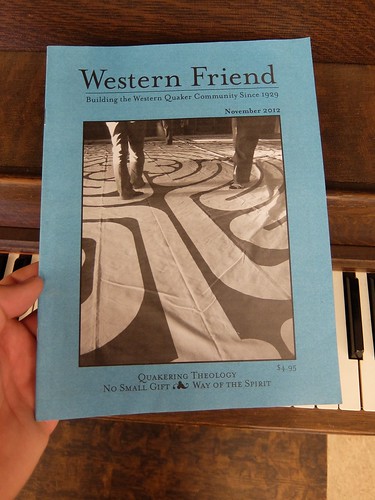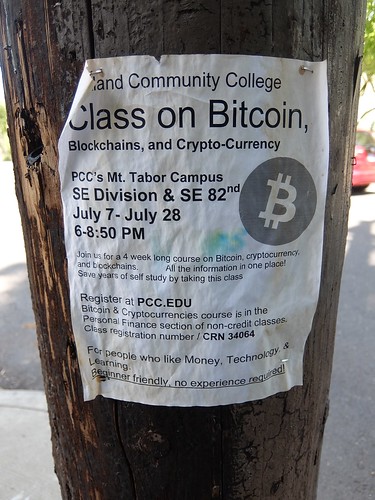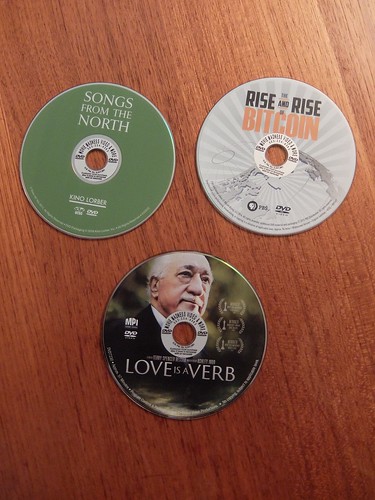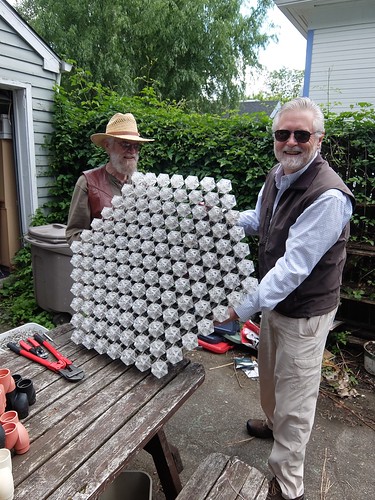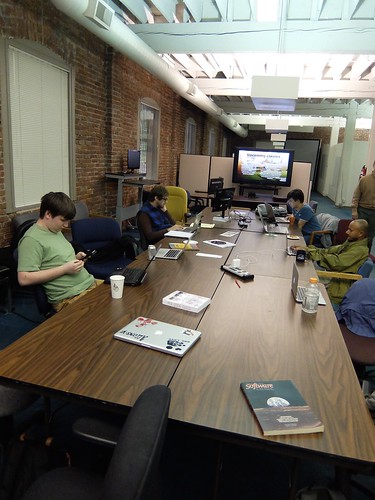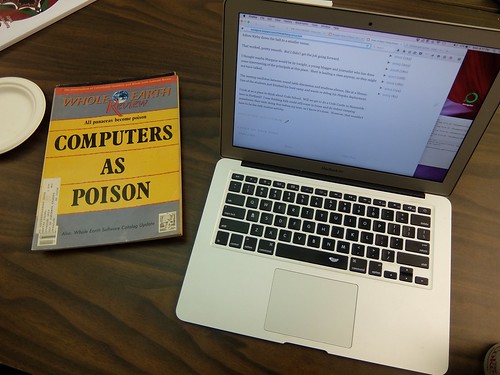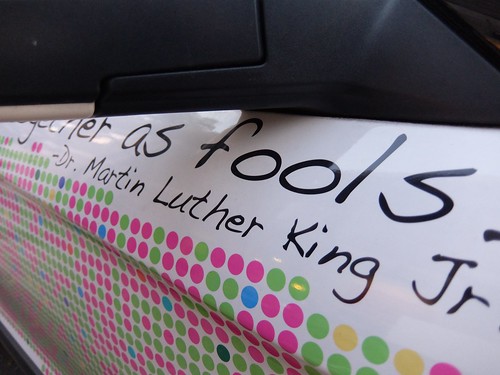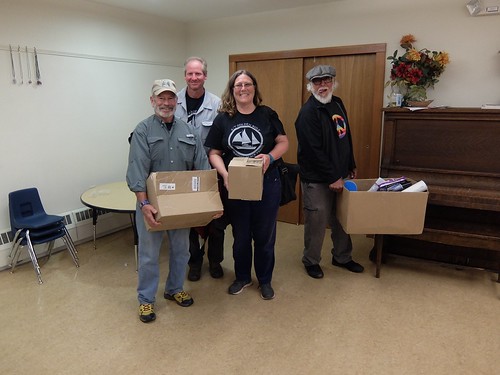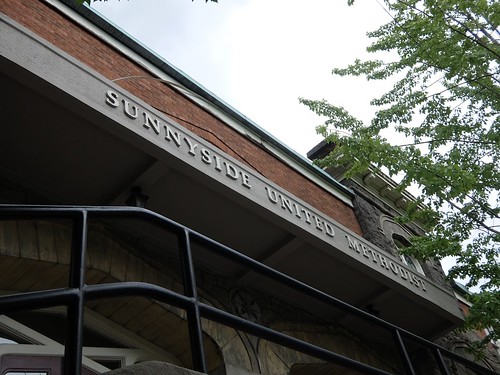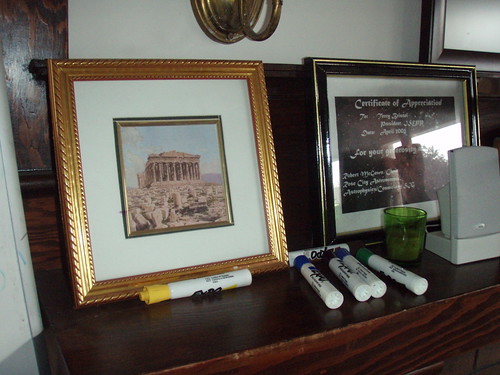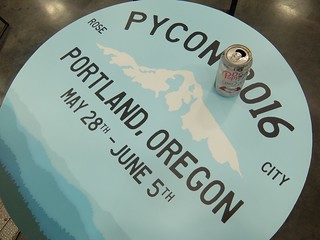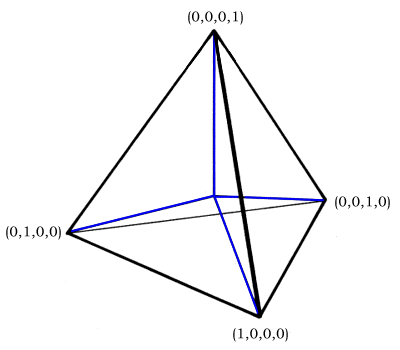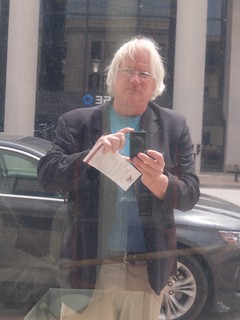Tonight we're learning about salmon from some experts in the field. We're going back to the 1930s and early Army Corps of Engineer reports, about plans for ten dams on the Columbia. The Department of Commerce promised to compensate for expected damage to the fisheries.
The Federal government suggested banning fishing above Bonneville, in preparation for the dams, prompting the Oregon governor to advise the US Senate that the tribes should be consulted.
The Supreme Court ruled in 1942 that US states had no clear jurisdiction over tribal fisheries, given tribes were quasi-sovereignties and their treaties were with the Feds.
Dams were a source of jobs, same with nuclear plants, and populations may build things damaging to their own ecosystem if paid to do so. The tribes were hoping to protect their treaty rights and pushed back against the destruction of the salmon. Yes, we're talking about Celilo Falls.
Engineers were thinking hatcheries could solve the problems the dams would cause. They would not worry about managing fisheries above Celilo (The Dalles). In retrospect, this was unintelligent thinking.
The salmon situation is pretty screwed up by now, plus there's Hanford with its radioactive leaking and resulting mutations. Salmon-unfriendly culverts, often thanks to logging roads, have added to the extinction levels.
The Department of Commerce and Fish Commissioner of the United States have managed to take salmon from the most prevalent source of protein and fertilizer in the region, to endangered status.
Coho are making a comeback in the Snake, no thanks to Idaho, which promised to arrest any tribal ecologists who tried to reboot the species.
I've been multitasking all day, catching up on some of the meme viruses (mental illnesses) that result in so much suffering. No Home Movie moves "at the pace of life itself" (very slowly, compared to most films). I was able to piece together a floor plan of the filmmaker's mom's apartment.
The more inland dams were built mainly for navigation, more than for their electrical power. Here was a way to get grain to the coastal ports by barge, instead of train. The barge companies made a strong case to go ahead with the dams, in the face of a proposed ten year moratorium on new dam construction.
Today, a lot of ecologists, in addition to common folk, would like to restore the fisheries and remove dams along the lower Snake. Grain could still be shipped by train, and grain trains would be a lot safer and less idiotic than the dangerous, befouling oil trains we all despise.
Men Who Stare at Goats was just stupid and I don't quite know why I watched it. I couldn't identify with any of the losers portrayed in this film and didn't laugh at all. Better: The Hippies Who Saved Physics (less misinformation, a serious book, not a crappy comedy). Hey, Across the Universe didn't work for me either. I admit to learning from the experience.
In the foreground, I struggled with getting 3D graphics working on my new Raspberry Pi. Hacking Math Class, the #CodeCastle textbook I'm following, uses the Pi3D module, but Epiphany (the default Web browser on the newest Pi) was not working with Github's new "Clone or Download" button (latest GUI upgrade), at least not for me and this was fresh out of the box. My workaround was to install Chromium from an Ubuntu source.
The tribes have had about three hundred years to contend with a severely retarded "species" called "the white man" (the Euro-Anglo invaders), already infested with meme viruses (mental illnesses) when they got here, and possessing many more guns. The damage has been extensive, as we all know.
Given the Eleven Nations situation, Cascadian nationalism and so on, we have a complicated picture. I'm not really in a position to guess how it'll go.
The Federal government suggested banning fishing above Bonneville, in preparation for the dams, prompting the Oregon governor to advise the US Senate that the tribes should be consulted.
The Supreme Court ruled in 1942 that US states had no clear jurisdiction over tribal fisheries, given tribes were quasi-sovereignties and their treaties were with the Feds.
Dams were a source of jobs, same with nuclear plants, and populations may build things damaging to their own ecosystem if paid to do so. The tribes were hoping to protect their treaty rights and pushed back against the destruction of the salmon. Yes, we're talking about Celilo Falls.
Engineers were thinking hatcheries could solve the problems the dams would cause. They would not worry about managing fisheries above Celilo (The Dalles). In retrospect, this was unintelligent thinking.
The salmon situation is pretty screwed up by now, plus there's Hanford with its radioactive leaking and resulting mutations. Salmon-unfriendly culverts, often thanks to logging roads, have added to the extinction levels.
The Department of Commerce and Fish Commissioner of the United States have managed to take salmon from the most prevalent source of protein and fertilizer in the region, to endangered status.
Coho are making a comeback in the Snake, no thanks to Idaho, which promised to arrest any tribal ecologists who tried to reboot the species.
I've been multitasking all day, catching up on some of the meme viruses (mental illnesses) that result in so much suffering. No Home Movie moves "at the pace of life itself" (very slowly, compared to most films). I was able to piece together a floor plan of the filmmaker's mom's apartment.
The more inland dams were built mainly for navigation, more than for their electrical power. Here was a way to get grain to the coastal ports by barge, instead of train. The barge companies made a strong case to go ahead with the dams, in the face of a proposed ten year moratorium on new dam construction.
Today, a lot of ecologists, in addition to common folk, would like to restore the fisheries and remove dams along the lower Snake. Grain could still be shipped by train, and grain trains would be a lot safer and less idiotic than the dangerous, befouling oil trains we all despise.
Men Who Stare at Goats was just stupid and I don't quite know why I watched it. I couldn't identify with any of the losers portrayed in this film and didn't laugh at all. Better: The Hippies Who Saved Physics (less misinformation, a serious book, not a crappy comedy). Hey, Across the Universe didn't work for me either. I admit to learning from the experience.
In the foreground, I struggled with getting 3D graphics working on my new Raspberry Pi. Hacking Math Class, the #CodeCastle textbook I'm following, uses the Pi3D module, but Epiphany (the default Web browser on the newest Pi) was not working with Github's new "Clone or Download" button (latest GUI upgrade), at least not for me and this was fresh out of the box. My workaround was to install Chromium from an Ubuntu source.
The tribes have had about three hundred years to contend with a severely retarded "species" called "the white man" (the Euro-Anglo invaders), already infested with meme viruses (mental illnesses) when they got here, and possessing many more guns. The damage has been extensive, as we all know.
Given the Eleven Nations situation, Cascadian nationalism and so on, we have a complicated picture. I'm not really in a position to guess how it'll go.


